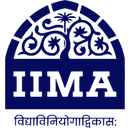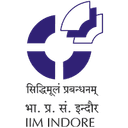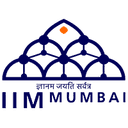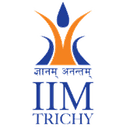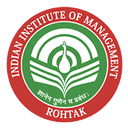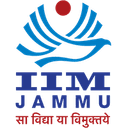Big Update: Mumbai University Launches 500+ Open Electives Under NEP 2020 Framework
3 Hours Ago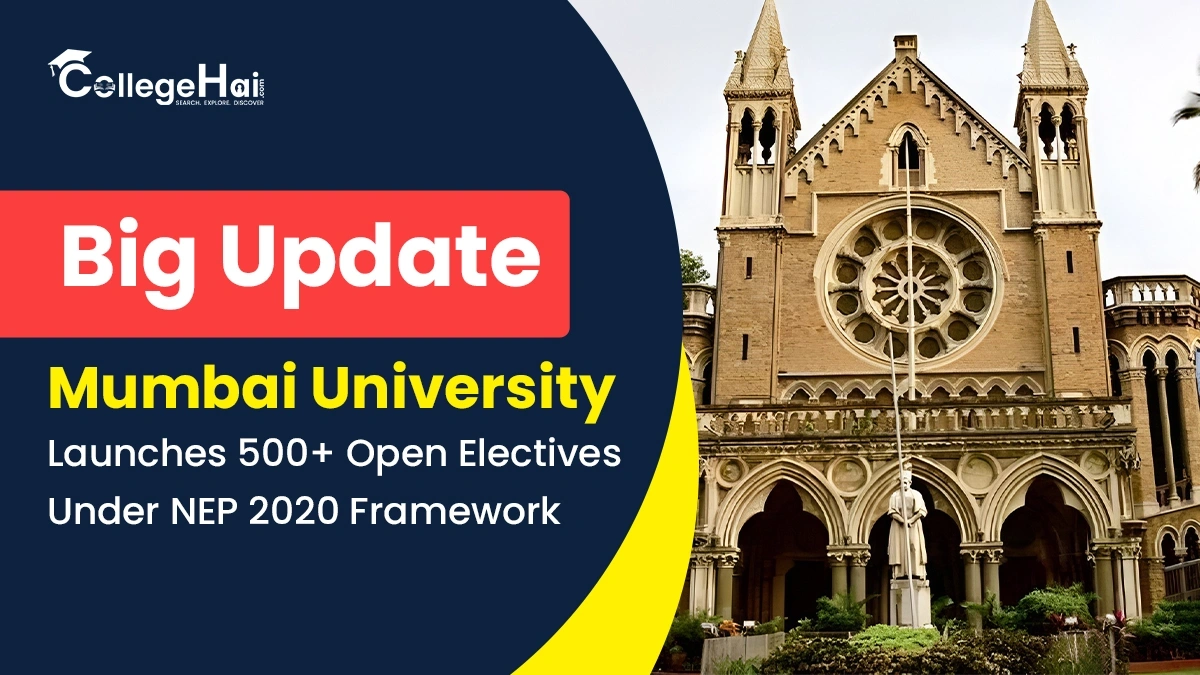
Mumbai University (MU) has made a significant move in reforming higher education by launching more than 510 new open elective courses this year. This is part of the National Education Policy (NEP) 2020, which has also supported flexible and holistic learning. The new electives permit students to understand subjects outside of their main topic of study.
The electives cover a wide range of subjects from humanities, science, commerce, technology, and interdisciplinary studies. More than 550 professors worked for two years to design and finalize the curriculum.
Distribution of New Electives
Stream | Number of Courses |
Humanities | 200+ |
Science | 100+ |
Commerce | 81 |
Interdisciplinary | 88 |
Technology | 28 |
Vice Chancellor Ravindra Kulkarni mentioned, “The objective is to prepare learners with multidisciplinary skills and give them exposure to more subjects. A science student can now earn credits in music, while an arts student can learn chemistry.”
Key Characteristics of the New Open Elective System
Interdisciplinary Learning: The concept is to dismantle the traditional structure of separating subjects, thereby allowing students to engage in interdisciplinary or transdisciplinary study.
Adaptability and Skill Development: Students have the chance to examine and involve themselves in different interests, to develop new skills and experiences and have some increased flexibility in their career by engaging with courses that are not directly associated with their major.
Credit System: The courses operate and award credits to the students according to their performance.
Range of Courses: In total, the new electives include over 200 in the humanities, more than 100 in the sciences, 81 courses in commerce, 88 courses in interdisciplinary studies, and 28 in technology.
Access to the SWAYAM Portal: Some of these new electives will be uploaded to the SWAYAM portal in the near future, allowing students across the nation to access courses online for free.
Learning Beyond Boundaries
The new electives blur the lines between traditional subjects, for example, economics students can now study gender economics, health economics, and climate change. Psychology students can choose electives like peace psychology, consumer psychology, and behavioral economics.
Kulkarni added, “This range ensures that students are not restricted to one narrow path. Instead, they can build personalized journeys that reflect their passions and goals.”
Creative and Practical Courses
Some electives that are launched by the MU connect learning with daily life. These include:
Urdu Shayari
Chemistry in Daily Life
Study of Marathi Songs
Gardening Fundamentals
Small-Scale Farming
Such courses allow students to pursue creative interests while continuing their main academic program.
Student Experience
Michael Milagris Keer, a third-year history student at Sathye College, shared his experience. “At first, it was hard to adjust. But when we saw how the electives connected with our core subjects, we started enjoying them,” he said. Keer chose botany and microbiology, which helped him understand ancient botany in his history course.
College Initiatives
Colleges are also helping students understand the new system. Vivekanand Education Society’s College of Arts, Science and Commerce organizes an annual open elective fair. Students showcase their learning through exhibitions and performances.
Principal Anita Kanwar said, “We offer more than sixty open electives to the students. It helps them as we organize an OE mela with games, dramas, and creative presentations.”
In rural areas, the initiative is boosting student confidence. Deelip Bharmal, principal of Shri Pancham Khemraj Mahavidyalaya, said, “Electives like singing and hobbies make learning more enjoyable.”
Implementation Obstacles & Future Endeavours
Facilities & Resources: Some colleges may face limitations due to modest facilities that allow for the selection of limited electives rather than a wide choice of electives and flexibility for the student.
Student Support: MU is planning to get closer to the students in terms of their selection of proximal courses and electives which reflect their interests and career possibilities in the next year.
Institutional Agreements: MU is additionally incentivizing colleges to create agreements with regional colleges to part of the range of students' elective options.
Challenges and Way Forward
Despite the excitement, some colleges still offer a fixed set of electives due to limited resources. Kulkarni said that many colleges will not allow students to pick their choice of electives freely. To solve this, MU plans to guide students better in choosing electives and encourage colleges to collaborate with nearby institutions. Some of the courses will also be offered as online offerings through the UGC’s SWAYAM portal. Mumbai University has launched about 500 open electives and is making a bold move in the space of NEP 2020. This opens up new avenues for students and makes education education more flexible, creative, and real.
About the Author

Content Writer








